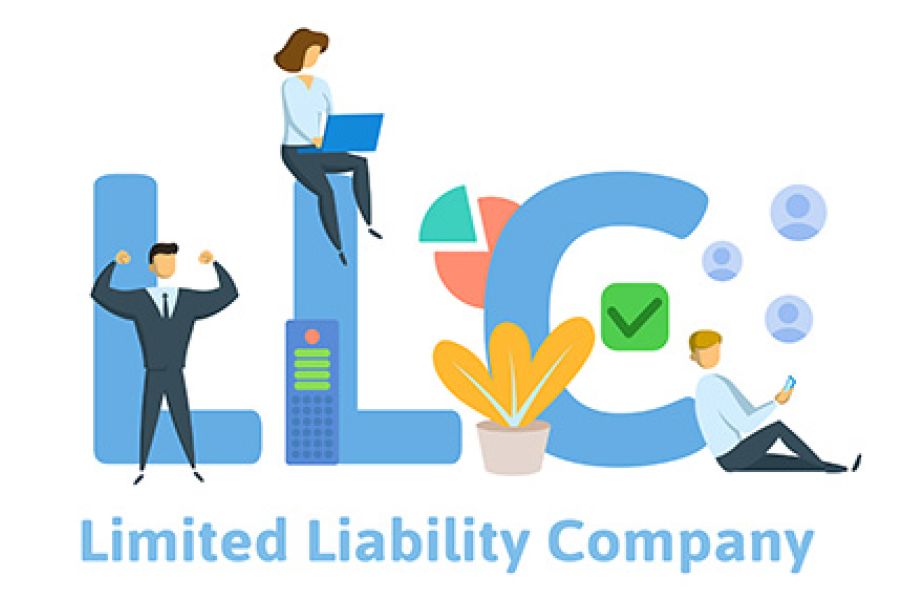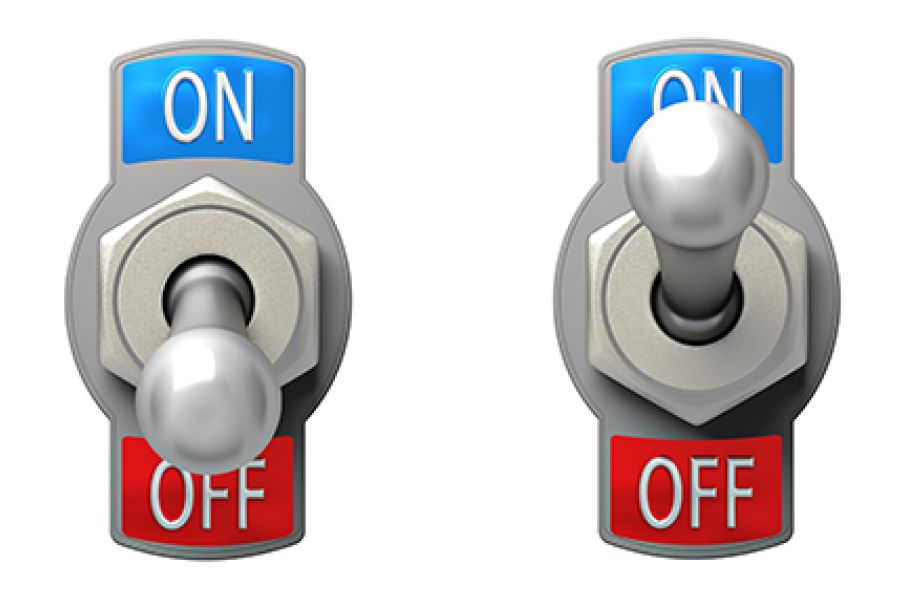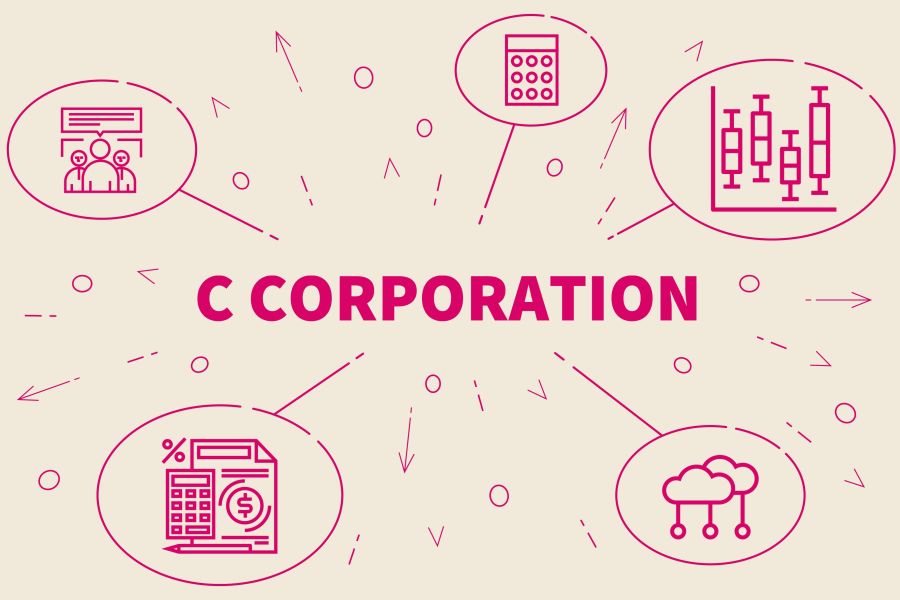Have you made substantial gifts of wealth to family members? Or are you the executor of the estate of a loved one who died recently? If so, you need to know whether you must file a gift or estate tax return. Filing a gift tax return Generally, a federal gift tax return (Form 709) is required if you make gifts to or for someone during the year (with certain exceptions, such as gifts to U.S. citizen spouses) that exceed the annual gift tax exclusion ($15,000 for 2018 and 2019); there’s a separate exclusion for gifts to a non-citizen spouse ($152,000 for 2018 and $155,000 for 2019). Also, if you make gifts of future interests, even if they’re less than the annual exclusion amount, a gift tax return is...

When you file your 2018 income tax return, you’ll likely find that some big tax law changes affect you — besides the much-discussed tax rate cuts and reduced itemized deductions. For 2018 through 2025, the Tax Cuts and Jobs Act (TCJA) makes significant changes to personal exemptions, standard deductions and the child credit. The degree to which these changes will affect you depends on whether you have dependents and, if so, how many. It also depends on whether you typically itemize deductions. 1. No more personal exemptions For 2017, taxpayers could claim a personal exemption of $4,050 each for themselves, their spouses and any dependents. For families with children and/or other dependents, such as elderly parents, these exemptions could really add up. For 2018 through 2025, the...
Limited liability company (LLC) members commonly claim that their distributive shares of LLC income — after deducting compensation for services in the form of guaranteed payments — aren’t subject to self-employment (SE) tax. But the IRS has been cracking down on LLC members it claims have under-reported SE income, with some success in court. SE tax background Self-employment income is subject to a 12.4% Social Security tax (up to the wage base) and a 2.9% Medicare tax. Generally, if you’re a member of a partnership — including an LLC taxed as a partnership — that conducts a trade or business, you’re considered self-employed. General partners pay SE tax on all their business income from the partnership, whether it’s distributed or not. Limited partners, however, are subject to SE...
The right estate planning strategy for you likely is the one that will produce the greatest tax savings for your family. Unfortunately, there can be tension between strategies that save estate tax and ones that save income tax. This is especially true now that the Tax Cuts and Jobs Act nearly doubled the gift and estate tax exemption — but only temporarily. Through 2025, income tax might be a greater concern, but, after that, estate taxes might be a bigger issue. Fortunately, it’s possible to build an “on/off switch” into your estate plan. Why the conflict? Generally, the best way to minimize estate taxes is to remove assets from your estate as early as possible (through outright gifts or gifts in trust) so that all future appreciation in...
The IRS opened the 2018 income tax return filing season on January 28. Even if you typically don’t file until much closer to the April 15 deadline, this year consider filing as soon as you can. Why? You can potentially protect yourself from tax identity theft — and reap other benefits, too. What is tax identity theft? In a tax identity theft scheme, a thief uses your personal information to file a fraudulent tax return early in the filing season and claim a bogus refund. You discover the fraud when you file your return and are informed by the IRS that the return has been rejected because one with your Social Security number has already been filed for the same tax year. While you should ultimately be able...
Mergers and acquisitions are filled with risks, some of them unavoidable. But buyers can avoid risks associated with cooked books and other forms of deceptive accounting used by a seller to distort the value of its company. Before closing an acquisition, engage a forensic accounting expert to look for fake performance figures and hidden liabilities that might turn your deal into a disaster. Something fishy When reviewing a seller’s financial statements, forensic experts look for subtle warning signs of fraud. These include: Excess inventory, Increased accounts payable and receivable combined with dropping or stagnant revenues and income, An unusually high number of voided discounts for returns, Lack of sufficient documentation in sales records, A large number of account write-offs, and Increased purchases from new vendors. Fishy revenue, cash...
Employee stock ownership plans (ESOPs) offer closely held business owners an exit strategy and a tax-efficient technique for sharing equity with employees. But did you know that an ESOP can be a powerful estate planning tool? It can help you address several planning challenges, including lack of liquidity and the need to provide for children outside the business. An ESOP in action An ESOP is a qualified retirement plan, similar to a 401(k) plan. But instead of investing in a selection of stocks, bonds and mutual funds, an ESOP invests primarily in the company’s own stock. ESOPs are subject to the same rules and restrictions as qualified plans, including contribution limits and minimum coverage requirements. Typically, companies make tax-deductible cash contributions to the ESOP, which uses the funds...
The flat 21% federal income tax rate for C corporations under the Tax Cuts and Jobs Act (TCJA) has been great news for these entities and their owners. But some fundamental tax truths for C corporations largely remain the same: C corporations are subject to double taxation Double taxation occurs when corporate income is taxed once at the corporate level and again at the shareholder level as dividends are paid out. The cost of double taxation, however, is now generally less because of the 21% corporate rate. And double taxation isn’t a problem when a C corporation needs to retain all its earnings to finance growth and capital investments. Because all the earnings stay “inside” the corporation, no dividends are paid to shareholders, and, therefore, there’s no double...
- 1
- 2
- 3
- 4
- 5
- 6
- 7
- 8
- 9
- 10
- 11
- 12
- 13
- 14
- 15
- 16
- 17
- 18
- 19
- 20
- 21
- 22
- 23
- 24
- 25
- 26
- 27
- 28
- 29
- 30
- 31
- 32
- 33
- 34
- 35
- 36
- 37
- 38
- 39
- 40
- 41
- 42
- 43
- 44
- 45
- 46
- 47
- 48
- 49
- 50
- 51
- 52
- 53
- 54
- 55
- 56
- 57
- 58
- 59
- 60
- 61
- 62
- 63
- 64
- 65
- 66
- 67
- 68
- 69
- 70
- 71
- 72
- 73
- 74
- 75
- 76
- 77
- 78
- 79
- 80
- 81
- 82
- 83
- 84
- 85
- 86
- 87
- 88
- 89
- 90
- 91
- 92
- 93
- 94
- 95
- 96
- 97
- 98
- 99
- 100
- 101
- 102
- 103
- 104
- 105
- 106
- 107
- 108
- 109
- 110
- 111
- 112
- 113
- 114
- 115
- 116
- 117
- 118
- 119
- 120
- 121
- 122
- 123
- 124
- 125
- 126
- 127
- 128
- 129
- 130
- 131
- 132
- 133
- 134
- 135
- 136











